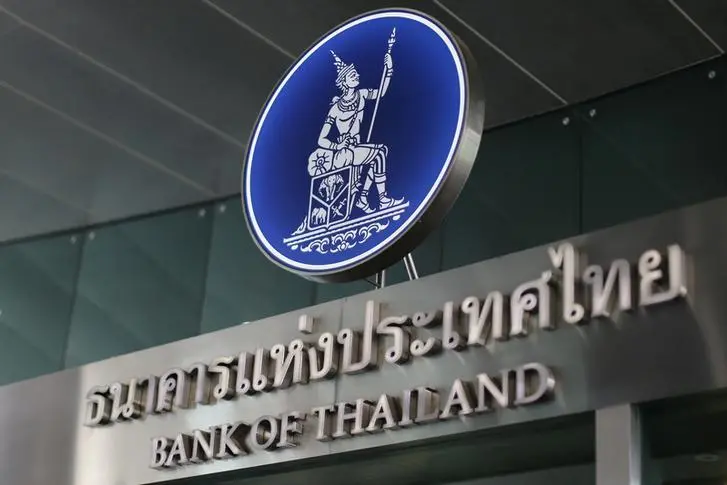PHOTO
Thailand's economy faces more challenges amid global volatility but still continues to recover, with policies shaped to ensure a continued rebound, the central bank chief said on Friday.
While a global slowdown will affect Thai exports, Southeast Asia's second-largest economy will be underpinned by a recovery in private consumption and tourism, Bank of Thailand Governor Sethaput Suthiwartnarueput told a business seminar.
Further interest rate hikes would be gradual and measured, but the BOT is ready to adjust the pace if necessary, he said.
Unlike some other economies, aggressive rate hikes are not suitable for Thailand as the economy is in its early stage of recovery, while inflation is easing and should return to the BOT's target range of 1% to 3% in the second half of 2023, he said.
"Other countries' rate hikes reflected their very hot economies and demand-driven inflation, but we don't see this picture in our country as inflation is mainly supply-driven. The inflation engine has not started," he said.
The BOT has raised its key interest rate by a total 75 basis points in three meetings since August. It will next review policy on Jan. 25, when economists expect a further hike.
The tightening cycle has been less aggressive than many regional peers as Thailand's economic recovery has lagged that of other Southeast Asian countries, with the crucial tourism sector only starting to pick up this year.
The central bank has forecast the economy will expand 3.2% this year and 3.7% in 2023.
Sethaput said next year's growth outlook might face risks, but the chance was high that growth would still be more than 3%.
High household debt could disrupt the economy and needed to be brought down to sustainable levels, he added.
The BOT expects to issue rules for virtual banks early next year after a hearing in January, Sethaput said. (Reporting by Orathai Sriring, Kitiphong Thaichareon and Satawasin Staporncharnchai Editing by Ed Davies, Martin Petty)





















